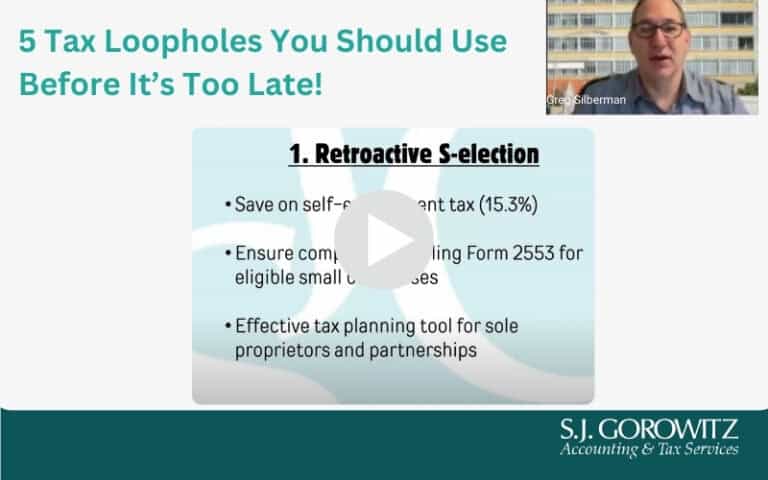
As Part I of our 2019 Forms W-9 and 1099-MISC Series, this article explains the purpose of Form W-9.
Purpose of Form W-9
An individual or entity (Form W-9 requester) who is required to file an information return (Forms 1099) with the Internal Revenue Service (IRS) must obtain your correct taxpayer identification number (TIN) which may be your Social Security Number (SSN), individual taxpayer identification number (ITIN), adoption taxpayer identification number (ATIN) or employer identification number (EIN), to report on an information return the amount paid to you, or other amount reportable on an information return.
The most common questions we get about W-9s include:
- When should our company request completed W-9s from vendors?
- Why is someone requesting a completed W-9?
- Is a W-9 the same as a 1099?
When should our company request completed W-9s from vendors?
To ensure that you have all the information you need to fulfill the 1099 preparation and filing requirements by January 31 each year, we recommend the following:
- It is a best practice to ALWAYS request a Form W-9 from every vendor you work with. This form asks for the companies’ legal business name, organization type and Tax ID. All of this information is required in order to complete required information returns such as Form 1099-MISC.
- When your business onboards a new vendor, the process should include completion and receipt of a W-9 prior to making any payments to them. Then, the vendor is incentivized to complete the Form W-9.
- Without a W-9, preparing your 1099 form(s) becomes difficult. Make a habit of requesting this information at the beginning of your working relationship; doing so will save you a great deal of time at the end of the year.
- Businesses should obtain a completed W-9 Form from each applicable 1099 contractor that is already in service and has not already submitted a W-9 form, as well as for each new vendor.
- Applicable vendors include any 1099 contractor (that is not an “employee”) who provides services for which you expect to pay them at least $600.00 in a calendar year (the threshold).
- You do not need to obtain a completed W-9 form or send a Form 1099 to vendors whom you pay via PayPal or credit card because these amounts will be reported by the merchant services company.
Do not take “no” for an answer. It is important to make the collection of W-9 forms a priority before engaging services and/or before the first invoice is a paid.
Why is someone requesting a completed W-9?
If a business has requested that you complete a Form W-9, it is standard business policy to do so in order to maintain necessary information required to accurately complete Form 1099. Form 1099 must be completed for any 1099 contractor or vendor that provides services for which they expect to be compensated.
No matter how large or small a company might be, failure to file correct information returns by their due date can result in costly financial penalties. In fact, the penalty for willful failure to prepare timely returns can be as high as $5,500 per information return.
Is a W-9 the same as a 1099?
A W-9 is an IRS form that’s used to gather information about a contractor so that their earnings can be reported at year-end. Conversely, a 1099 (1099-MISC) is the document that’s issued at year-end to show how much income the contractor earned.
Other common questions include:
Do you have to fill out a W-9 every year?
The IRS doesn’t offer much guidance on this issue. From a practical standpoint, it’s not a bad idea to ask vendors to complete a new Form W-9 for your records each year to assure that the information you have is accurate; however, this is not necessary, and most small businesses do not do so.
How long do you keep a W-9 on file?
You should keep the W-9 for three years following the last tax year in which a Form 1099 was filed for that vendor or accountholder. Three years is the statute of limitations in which the IRS has to begin an audit, which may include review of your tax returns and informational returns and supporting records.
If you have questions about collecting W-9s from contractors and vendors or any other tax matter that affects your business, S.J. Gorowitz Accounting & Tax Services is always available to help. Please contact us at any time for more information and assistance.
























